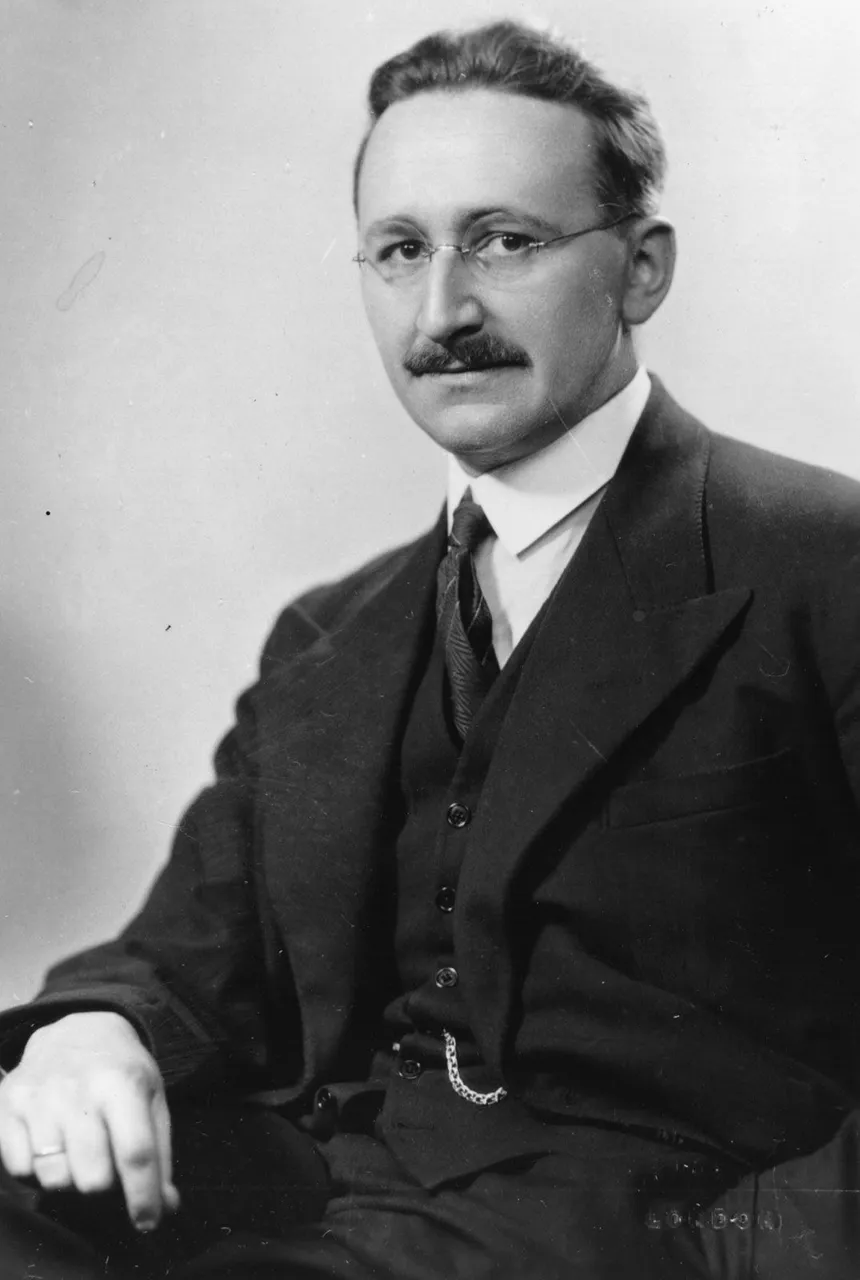Friedrich Hayek's Thoughts on Government Control
Power and Planning
In his book Road to Serfdom, Friedrich Hayek says that if the government has control over the economy then it will lead to totalitarianism and individuals will lose their freedoms. For the people who make the plans to have what they want they need to create power over other people. Democracy is an obstacle to lessening of freedoms. If economic decisions are made by a centralized government then it is easier for those plans to come to fruition, going towards tyranny. Many socialists think getting rid of democracy is a good idea because they think that by removing the power of individuals and giving it to society they are effectively removing the power, but in reality they are just concentrating the power to be used in a single plan by whoever is in control. All of the power centralized into a central planning board is greater than the collective power held by individuals, “to decentralize power is to reduce the absolute amount of power, and the competitive system is the only system designed to minimize the power exercised by man over man” (Hayek, 41). In countries where the individual has power, they have the freedom to move to a better area, or change their profession, or spend their free time however they want to. The ability to have private property is the biggest guarantee for freedom. This allows for the control of the means of production by people and not the government. When the government has control and power is centralized, then it takes away people's freedom and causes dependency. When individuals have power, then “economic power can be an instrument of coercion, but it is never control over the whole life of a person” (Hayek. 42).
Past and Current Examples
Individualism is based on the individual person and the thought that people should be able to freely develop their individual gifts how they want to. This idea has grown into what is now known as Western civilization. One of the big benefits of this has been the big advances in the field of science. This is because now people were free to try almost anything as long as somebody could back it up at their own risk. The progress started out with huge growth, but then it started to slow down. The things that had made the progress possible in the first place started to be seen as obstacles to even faster progress. This caused it to start to decline. Society started to get rid of the things that allowed progress and replace them with “collective and ‘conscious’ direction” (Hayek, 43). Hayek thinks this is abandoning liberalism and that the new organization and planning is a less extreme version of socialism, which leads to tyranny. He uses Germany as an example for this, they were leading the way in the practice of socialism. They put children into political organizations to start directing their thinking at early ages. They organized sports into party clubs so that the members would not be influenced by other views. The socialists eventually became a totalitarian party and then Hitler took it over. The people that were there to see it happen did not think it was a problem, they still believed that socialism and freedom could be combined; “They do not realize that democratic socialism, the great utopia of the last few generations, is not only unachievable, but that to strive for it produces something utterly different - the very destruction of freedom itself” (Hayek, 44). While people now still think that socialism and freedom can be combined, many thinkers realized early on that socialism was one of the gravest threats to freedom. Hayek thinks that England and the United States are going towards this end result. He thinks that the way we are planning is contributing to the direction the United States is going. The planning is guiding economic activity in ways it shouldn’t by supplanting competition, among other ways. Hayek is against doing this, but he does like competition because most of the time it is the most efficient method and it is the “only method which does not require the coercive or arbitrary intervention of authority” (Hayek, 45). Competition allows for economic growth and helps with not centralizing power in the government. Even though Hayek likes competition, he does think that there should be some government regulation or where competition is impractical, but that does not mean that we should suppress competition. Hayek says that we need to find a way to combine planning (government control) and competition (individual control) by planning for competition and not planning against competition.
